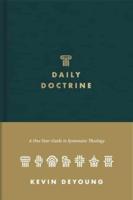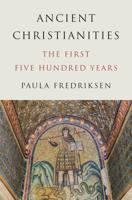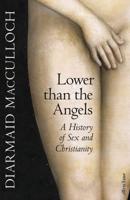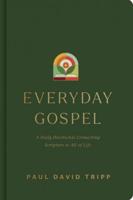Publisher's Synopsis
In its twentieth century history, Ecumenism was called both 'the great new idea of our time' and 'the big bore of our time'. Perhaps because the ecumenical idea remained the property of the Christian churches as they entered a period of steady decline in the West, the wider dimensions of the ecumenical are only now receiving the theological attention they deserve. Theology is originally and essentially narrative, and one of its most effective media has traditionally been story. In telling the story of his journey from an unquestioning Catholicism through Christian ecumenism to the developing relations between the world's religions, John D'Arcy May brings into sharp focus the questions raised by interreligious relations for theology. Despite their neglect by much of academia and the media, the religions are an integral component of the post-9/11 world. Better known for their bitter and often violent conflicts than for promoting peace, they are nevertheless prominent participants in the emerging global civil society. May's encounters with religious diversity lay bare the inadequacies of Christian theology as it tries to come to terms with this new ecumenical situation - in the original meaning of the word in the New Testament: relating to the whole inhabited earth. In seminary studies coinciding with the Second Vatican Council, there were hints of a Catholicism more open to the whole of humanity and its aspirations; postgraduate studies in Germany provided the intellectual equipment to begin formulating a more explicitly ecumenical response, as well as the occasion to chart a new course as a lay theologian. If that was the theory, the opportunity to do ecumenical work in Papua New Guinea was a practical test of just how effective Western-style ecumenism could hope to be in the Asia- Pacific context. The limitations of traditional theology were confirmed by the encounter with Theravada and Mahayana Buddhism throughout Asia and reinforced by the experience of teaching interfaith dialogue in Ireland during the Troubles. Hence the challenge of this book: are we yet capable of truly imagining the ecumenical in all its implications for our religious convictions and the future of the world? Beginning and ending at home in Australia, this journey raises questions no thinking Christian can avoid. John D'Arcy May was born in 1942 in Melbourne, Australia, where he now lives in retirement. He studied at the universities of Munster (Ecumenical Theology, 1975) and Frankfurt (History of Religions, 1983). He was Ecumenical Research Officer with the Melanesian Council of Churches, Papua New Guinea, 1983-1987 and Director of the Irish School of Ecumenics, Trinity College Dublin, 1987-1990 and 1995.










